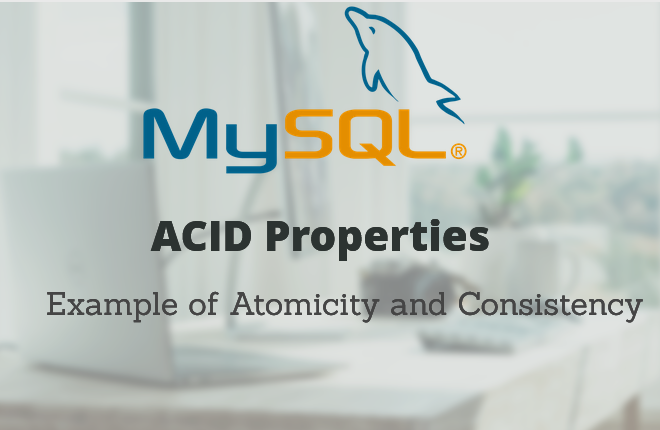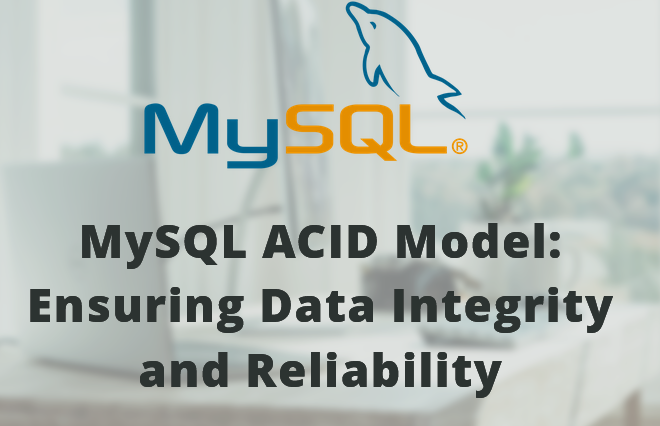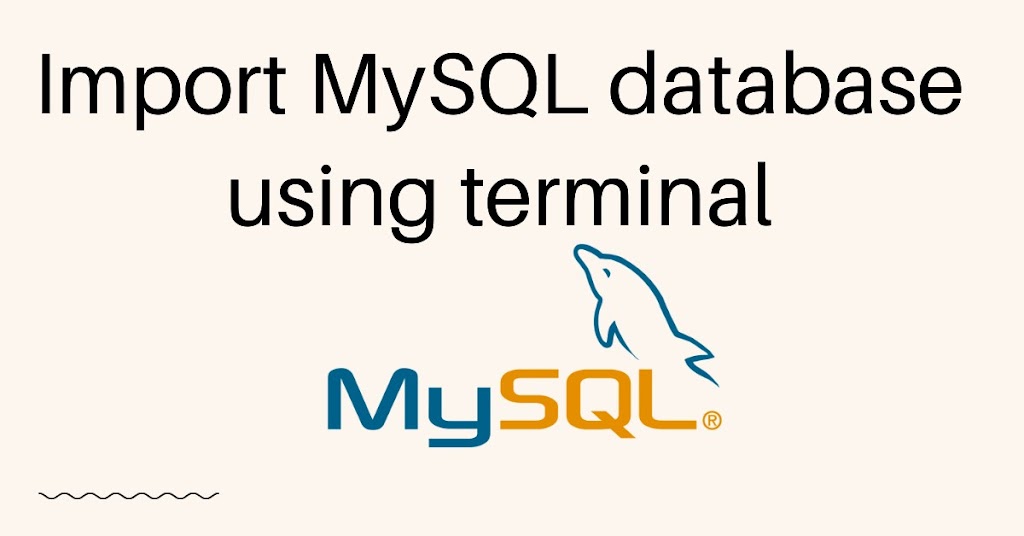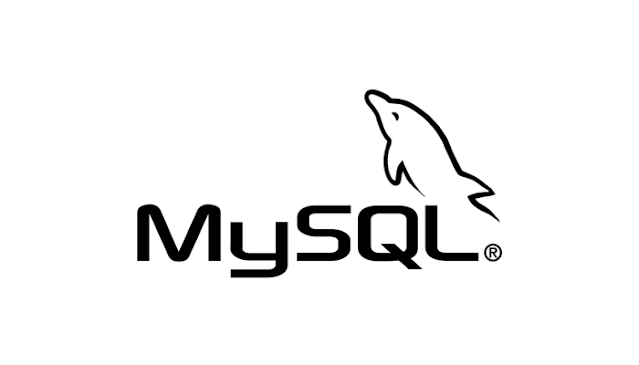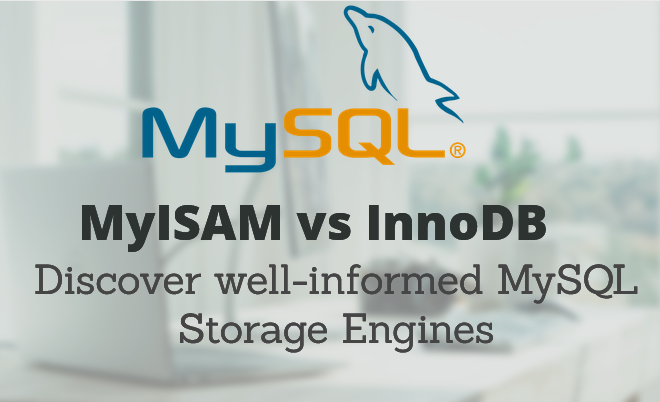Database
Database Management
In today’s data-driven world, the term “database” holds paramount importance in ensuring organized and efficient information management. A database is essentially a structured collection of data that can be easily accessed, managed, and updated. Let’s delve deeper into the world of databases and understand their significance.
Database Types: Relational vs. NoSQL
There are different types of databases, each designed to cater to specific needs. Relational databases use structured tables with predefined relationships between data points, making them ideal for businesses that require complex querying and reporting. On the other hand, NoSQL offer greater flexibility in handling unstructured or semi-structured data, which is crucial for applications such as social media platforms and content management systems.
Scalability and Performance
A well-designed database is scalable, meaning it can handle increasing amounts of data without compromising performance. As a business grows, a database should be able to accommodate the expanding data requirements seamlessly.
By understanding the types, security measures, and scalability considerations, businesses can unlock the true potential of their data and stay ahead in today’s competitive landscape.
ACID Properties: Basic Example of Atomicity and Consistency
The ACID properties—Atomicity, Consistency, Isolation, and Durability—are fundamental principles that ensure reliable transactions in a database. To know more about ACID Properties, This article focuses on two key properties: Atomicity and Consistency, with practical examples using MySQL. ACID Properties in MySQL A transaction’s atomicity guarantees that several database operations are handled as a single unit. […]
MySQL ACID Model: Improve Data Integrity and Reliability
MySQL has InnoDB storage engine, that strictly follow the ACID Model to prevent data corruption and results distortion from unexpected occurrences like hardware failures and software crashes. You don’t have to design consistency checks and crash recovery techniques when you can rely on features that comply with ACID standards. If your hardware is extremely dependable, […]
Unveiling the Power of MongoDB Realm: 5 Advantages and Deep Insights
Introduction In today’s rapidly evolving digital landscape, managing data efficiently is crucial. One technology that has emerged as a game-changer is Realm. With its seamless data management capabilities, It’s has garnered attention across industries. In this article, uncover its advantages, and explore its diverse applications. Key Features of MongoDB Realm 1. Data Synchronization: One of […]
MySQL Database Import: 3 important methods
Welcome to the ultimate guide for simplifying MySQL database import! Whether you’re a seasoned developer or just starting, this comprehensive guide is packed with expert tips and strategies to make your data import process a breeze. In this guide, we delve into proven techniques to streamline your data migration. Our step-by-step instructions will walk you […]
MySQL Query log for improved queries
The identification and optimization of sluggish database queries is essential for maintaining a high-performing application in the area of web development and database management. The MySQL Slow Query Log is a crucial weapon in your toolbox for accomplishing this. This guide will walk you through the process of efficiently enabling the MySQL Slow Query Log. […]
Insider Tip : Boost MySQL optimization table
Improving MySQL optimization table is essential for effective data storage. A more efficient and productive database infrastructure is required as companies depend more and more on data-driven insights. Even with its reputation for resilience and adaptability, MySQL may gain a great deal from well-executed optimization techniques. We explore several facets of MySQL optimization table in […]
MySQL ERROR 2002 (HY000): Can’t connect to local MySQL server through socket ‘/var/run/mysqld/mysqld.sock’
Somehow the MySQL server process did not create the socket, or the client is looking for the socket in the wrong place that is why MySQL is generate ERROR 2002 (HY000): Can’t connect to local MySQL server through socket To prevent “MySQL Error 2002 Can’t connect to local MySQL server through socket“, we have to […]
MyISAM vs InnoDB: Discover well-informed MySQL Storage Engines
The storage engine that is used with MySQL databases can have a big impact on features, dependability, and performance for developers. MyISAM and InnoDB are two of the most used engines. This article explain difference between MyISAM vs InnoDB and advantages and disadvantages of each database engines. MyISAM Overview MyISAM, which was originally MySQL’s default […]
Magento site down due to mysql error General error: 1030 Got error -1 from storage engine
This error is generated when InnoDB cannot write to its data files. I have seen reports of this when the disk is full. if the files or folder permission changed so you can’t write to them. try deleting the folders var/cache and var/session. Another report was when someone enabled innodb_force_recovery to a value greater than […]
Create User in Mysql
CREATE USER ‘monty’@’localhost’ IDENTIFIED BY ‘some_pass’; GRANT ALL PRIVILEGES ON *.* TO ‘monty’@’localhost’ WITH GRANT OPTION;
